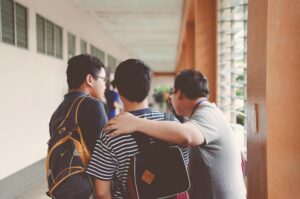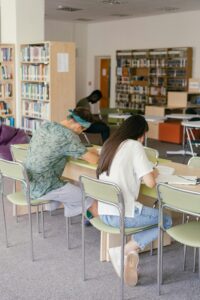This interview refers to the Susplus project which can be found in our Good Practices section.
GOOD PRACTICE OVERVIEW, CHALLENGES AND OPPORTUNITIES
What were the original goals and objectives of this practice/activity?
Dissemination of knowledge about sustainable food systems on the model of e.g. organic food. The effect would be a change in eating and consumption habits, care for the environment and a healthy lifestyle in harmony with nature.
What was found to be particularly useful in achieving this practice objectives (methods, approaches)?
Dissemination and reproduction using information technology. This is especially important for young people who use new technologies every day.
What did students like the most about this practice?
Promoting sustainable consumption and reproducing this knowledge through different forms, media and languages.
What were the key problems areas of this practice?
Limiting the project to young people only. Other age and social groups also require such education. Limiting the implementation of the project only to the time of its financing.
How can these elements be improved in the future?
Take care of the education of people in other age groups (the elderly). Promoting healthy eating and caring for the environment should be addressed to the whole society.
Include these issues in the programs of the University of the Third Age.
Is this practice replicable by other teachers in different countries? What factors should be considered while replicating this practice?
Yes. When reproducing this topic, the conditions of the natural environment in a given country, endangered areas or ecosystems should be taken into account, but also natural resources should be used rationally.
What was the most inspiring aspect for you while implementing this practice?
The topic is an interesting challenge; I don’t have any specific experience yet, but I try to talk about healthy food and environmental protection with young people on various occasions. In my private life – I care about the quality of food, at least some of the products I buy from well-known sources (directly from the farm).







